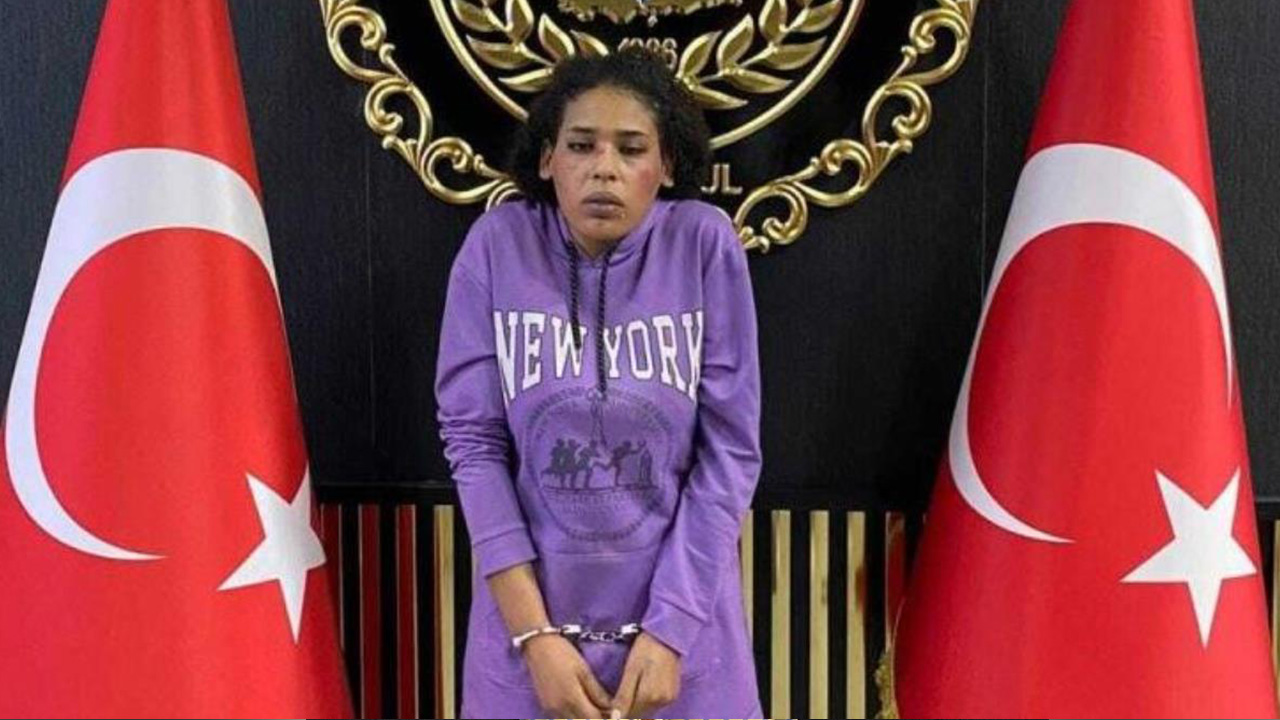The morning after the bomb attack in Istanbul, on 13 November, the Turkish Interior Minister Süleyman Soylu claimed that the attack was planned and executed from northern Syria, blaming Kurdish forces Kurdistan Worker’s Party (PKK) and People’s Defense Units (YPG) as perpetrators of the attack.
The same day, Turkish Anadolu Agency reported that the Turkish police arrested a woman as the suspect, named Ahlam Albashir who allegedly travelled from Afrin to Turkey to launch the bomb attack.
Following the accusations, several Kurdish groups including the People’s Defense Center (HSM), the Syrian Democratic Forces (SDF), the Kurdistan Communities Union (KCK) and the People’s Defence Units (YPG) condemned the attack extending their condolences to the families of victims and declared that they had no involvement whatsoever with the attacks.
Seth J. Frantzman, a senior Middle East Correspondent and Middle East affairs analyst at The Jerusalem Post wrote about the narrative shift in Ankara’s rhetoric regarding the attack. Medya News has covered important points of the column for its readers.
Stating that Turkish authorities have blamed Kurdish groups PKK and YPG for Sunday’s bomb attack in Istanbul, Frantzman wrote that Minister Süleyman Soylu went further still.
“While the official narrative from Ankara on Sunday evening was that the explosion in central Istanbul ‘could’ be terrorism, by Monday morning, it had not only determined that indeed it was, but the perpetrator had been found, and every puzzle piece of the story now fit,” said Frantzman.
“The Ankara narrative shift is interesting because it did not come from an assessment of the explosion and figuring out who was responsible, piecing the story like that. Rather, it has allegedly blamed with certainty without necessarily providing evidence for the claim,” added Frantzman.

Frantzman also paid attention to the allegations of the Turkish authorities that the perpetrator entered Turkey from Afrin, “an area that was Kurdish until a Turkish invasion in 2018 forced many to flee or otherwise face ethnic cleansing by the Turks.”
“It’s unclear how a woman would be able to travel from Afrin to Turkey, considering Ankara built a border wall and fence and has a large security presence in the area to keep fleeing Syrians out of Turkey,” said Frantzman stating that “this did not stop Turkey’s claims”.
For Frantzman, this could be an excuse for Ankara to back HTS [Hayat Tahrir al-Sham] or other groups, increasing their hold over the area or persecuting Kurds as a scapegoat.
Stating that the Turkish authorities pointed also to Kobanê for the attack, Frantzman said “Turkish media often uses the term “Ayn al-Arab” to erase the town’s Kurdish history”.
“Kobani is currently controlled by the YPG and the Syrian regime. From Ankara’s perspective, the YPG is actually the Syrian branch of the ‘PKK’ and therefore a terrorist group. However, YPG is also part of the Syrian Democratic Forces (SDF), the anti-ISIS group backed by the US,” said Frantzman.










